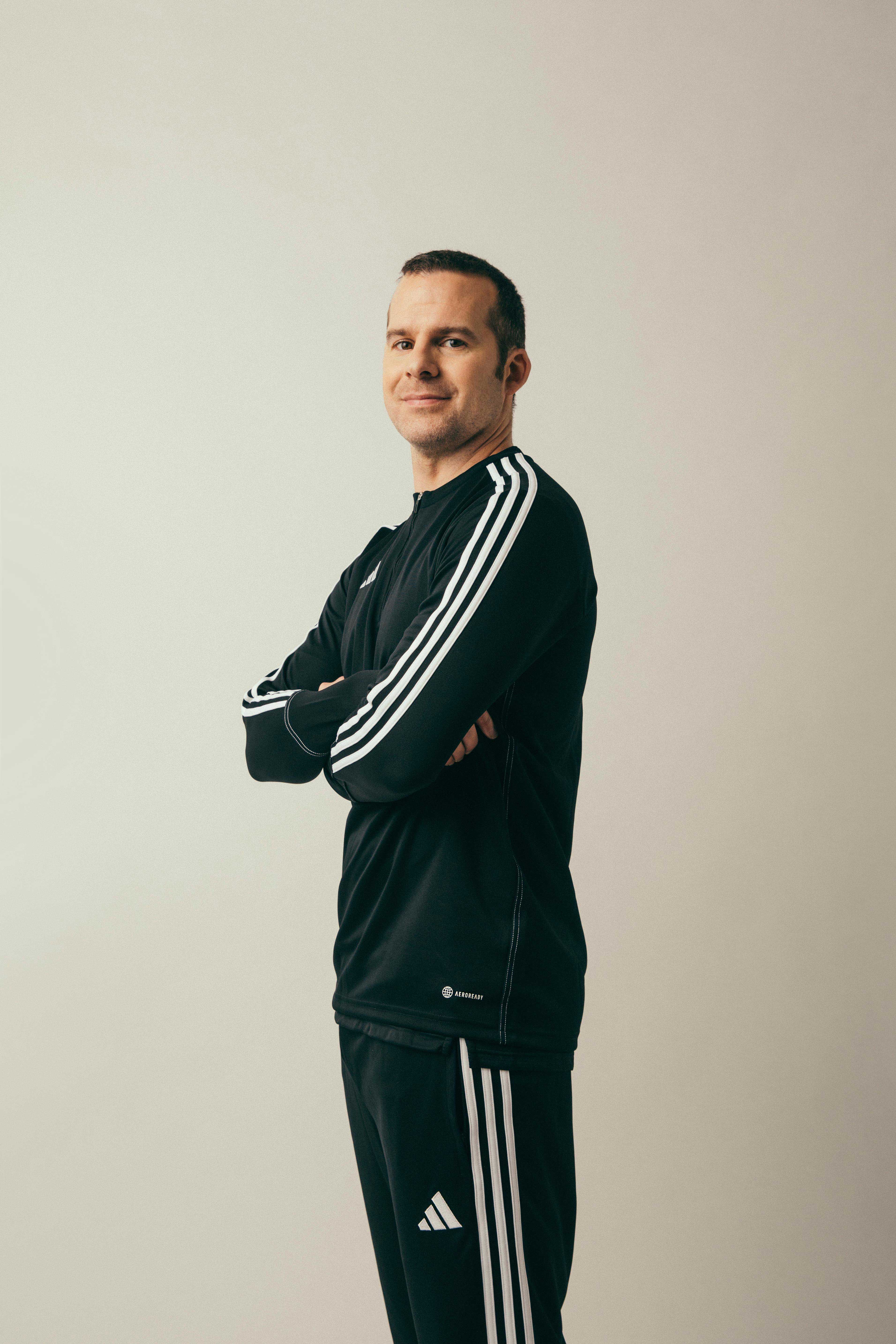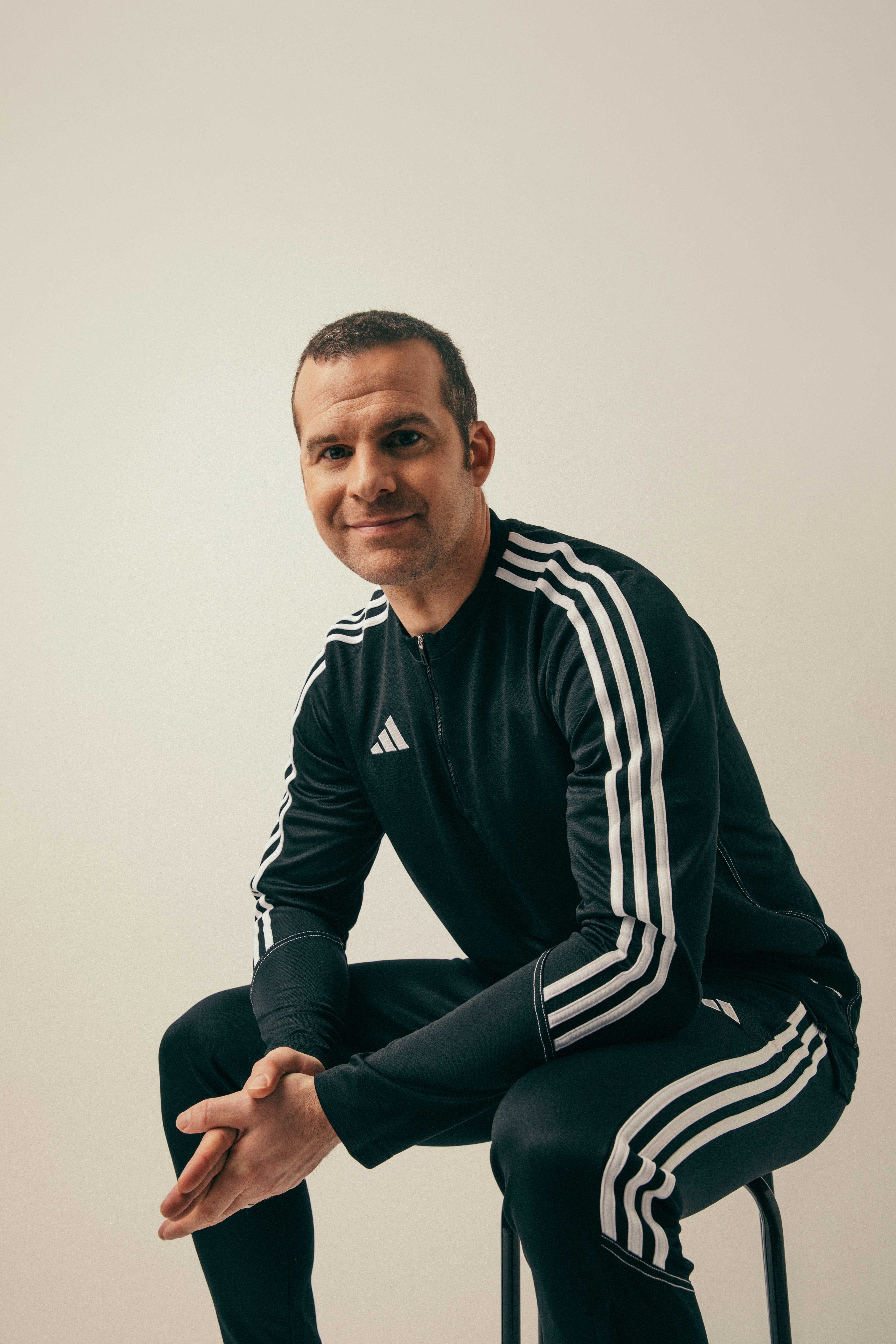DON'T FOCUS ON THE MINOR DETAILS
Jacob Gudiol, known for his work in physiotherapy and sports science, has gained recognition for his efforts in debunking health-related myths. He is also behind the popular podcast Tyngre Träningssnack. Here’s his conclusions from conducting a research review on Ramadan and exercise.
Jacob Gudiol firstly asserts that there is insufficient high-quality research regarding Ramadan and sports. Consequently, comparing the significance of various adaptations through studies is challenging. He suggests that it relies more on reasonable assumptions than facts. However, based on existing research on both Ramadan and training, as well as on intermittent fasting, he has attempted to compile tips that may help in maintaining performance during Ramadan.
“The majority of research conducted on Ramadan is carried out in countries where Islam is a major religion, where society adjusts to accommodate the holiday. These countries also don’t experience extremely long or short days, and this suggests that applying the research to Swedish conditions can be challenging,” he says.

Jacob Gudiol also emphasizes that inactive individuals, physically active individuals, and elite athletes have completely different priorities, conditions, and demands. It’s important to take this into consideration and take care of oneself.
"Not consuming food or drink for many hours can affect well-being and performance. However, the extent of the impact, if any, depends on many factors. A significant factor is the nature of the activity. For example, taking a walk does not pose significant demands," he explains.
Another factor is how important it is to achieve the best possible outcome. For a recreational exerciser or an athlete at a lower level, physical performance is rarely the top priority in life. Many things are prioritized before training. For elite athletes, it's the opposite.
"Focusing on these minor details as a recreational exerciser, risks diverting time and focus from other priorities with minimal positive impact on performance. Therefore, prioritizing one's own circumstances is of utmost importance."

Research findings on Ramadan and exercise – area by area
Nutrition
Research indicates that athletes during Ramadan often lose body fat but maintain muscle mass. To increase the likelihood of this outcome for yourself, it is beneficial to ensure that you consume more than 1.6 grams of protein per kilogram of body weight daily.
Sleep
Although there is no specific research on napping during Ramadan, studies in other contexts have shown that short periods of sleep can enhance afternoon performance, and it may be worth trying. A short nap of 20–25 minutes is ideal for avoiding being awakened from deep sleep and feeling groggy.
Routines
Athletes are advised to schedule their training later in the day so they can eat soon after the session. Regular performance tests on yourself can help monitor changes and adjust training, but the tests should not be maximal tests. It is better to perform standardized exercise tasks as part of the warm-up. For instance, you can maintain a set pace while running 1 kilometer and observe the response of your pulse. If it is higher than usual, it could be a sign that you are fatigued for some reason, and perhaps should exercise a bit lighter during that session. Even if you train less frequently during Ramadan, ensure to maintain training quality to avoid performance loss.
Fluid and salt intake
Dehydration is a significant influencing factor during Ramadan. To avoid it, drink a little extra water and consume more salt before sunrise. Depending on your location, try to exercise in the shade or cooler areas to reduce the body's strain. Use appropriate clothing to help the body stay cool. Caffeine can affect both sleep and fluid balance, in a negative way.
Follow Jacob on Instagram, @gudiol
